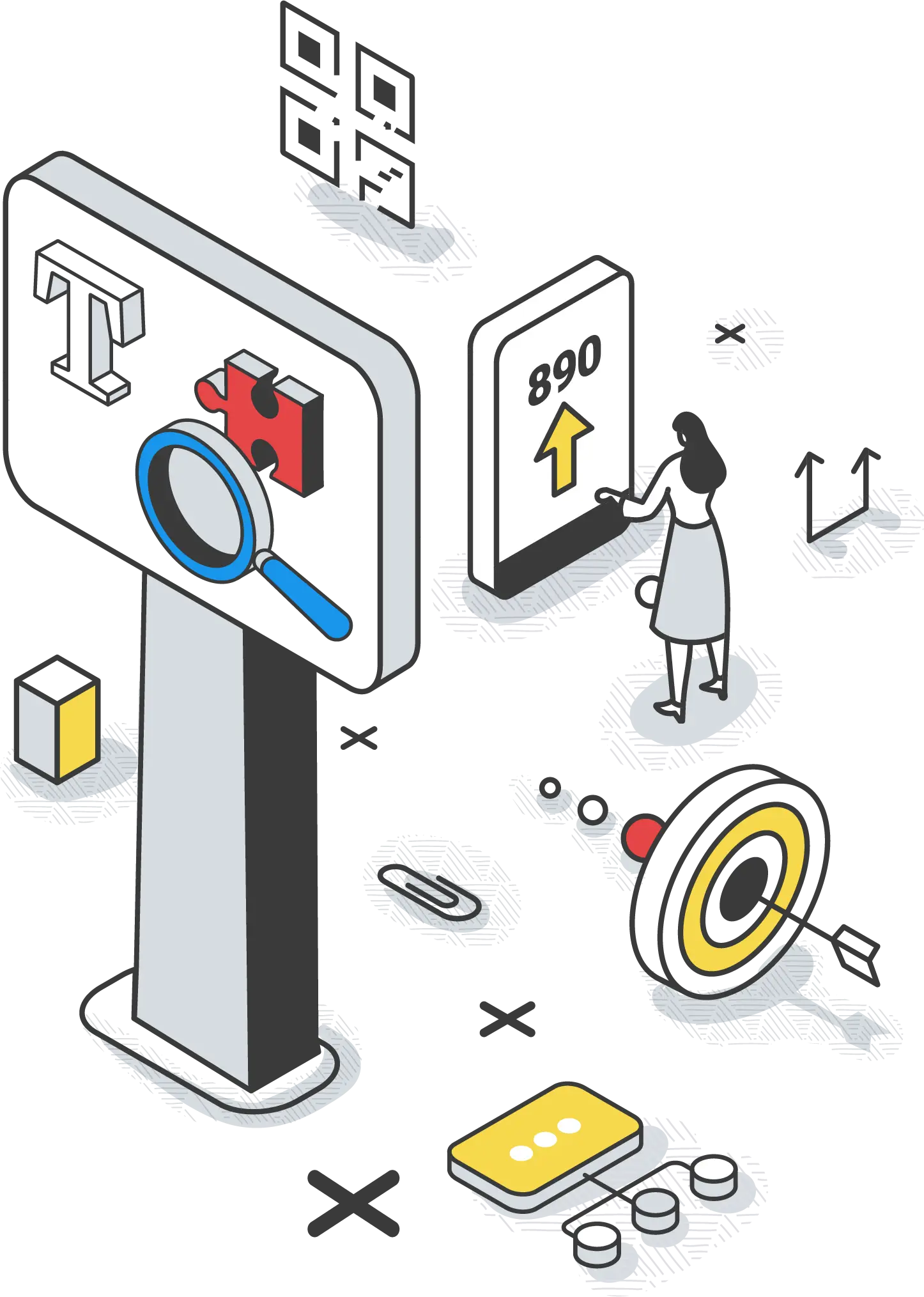Compete with local and national competitors by utilizing advertising networks across major search engines like Google and Bing.

Today’s businesses have many options when it comes to broadcasting their messages online. Organic tactics such as content marketing, SEO, and social media marketing are effective methods that have their place in the digital marketing tool chest. However when you need results fast, it’s often best to try the direct approach. That’s where Pay-Per-Click (PPC) enters the equation.
If content marketing is analogous to word-of-mouth advertising, Pay-Per-Click is akin to constructing a billboard that’s seen by potentially millions of people…, but just the people you choose.

Simply put, Pay-Per-Click marketing allows companies of all sizes to buy ad space by bidding for prominent placement in search engine results and on other websites.
When a consumer enters a keyword-based query into Google’s search bar, they get a list of organic results. Conspicuously located at the top of the results page are paid ads. When someone clicks on one of those ads, the advertiser pays a fee based on the relative popularity of the keywords involved. Display or banner ads that appear on websites go through a similar bidding process.
There are several powerful reasons why Pay-Per-Click ads such as Google’s Adwords has become such a popular form of advertising on the web in the past decade.
For one, it enables businesses to quickly scale up their operations and attract new customers. Depending on your budget, your PPC ads can potentially reach millions of consumers every day. Furthermore, PPC advertising allows brands to accurately target lucrative, highly specific demographics and dominate market niches. Most importantly, PPC can help businesses to maximize online advertising ROI.
In the PPC game, Google AdWords is the 800-pound gorilla of direct web advertising. Due to the popularity of the program, companies can use it to explode leads and sales in a short period of time.
On the flip side, large sums of money are often required to achieve one’s desired results since it’s such a crowded market. Alternatives to AdWords include Microsoft’s Bing Ads as well as Facebook Ads. Though not as popular as Google AdWords, these platforms can be just as profitable if you know your way around the PPC landscape.
Pay-Per-Click programs are difficult to master as a result of the hyper-competitiveness and complex targeting of the medium. Small businesses in particular often spend a lot of money without making any headway. It is common for a small business to have little to no success managing PPC in-house, only to hand it over to a professional and find great results.
PPC is about efficiency. Every platform is designed to help you track and adjust your campaigns to improve results. Knowing how to correctly set up tracking and translate the resulting data into actionable steps is a technical art form. As such, it often makes sense to outsource PPC campaign management to professionals. At Long Point Digital, we stress the importance of custom PPC solutions. Our Pay-Per-Click services ditch the one-size-fits-all model. Instead, we create individually tailored solutions that ensure success for our clients.